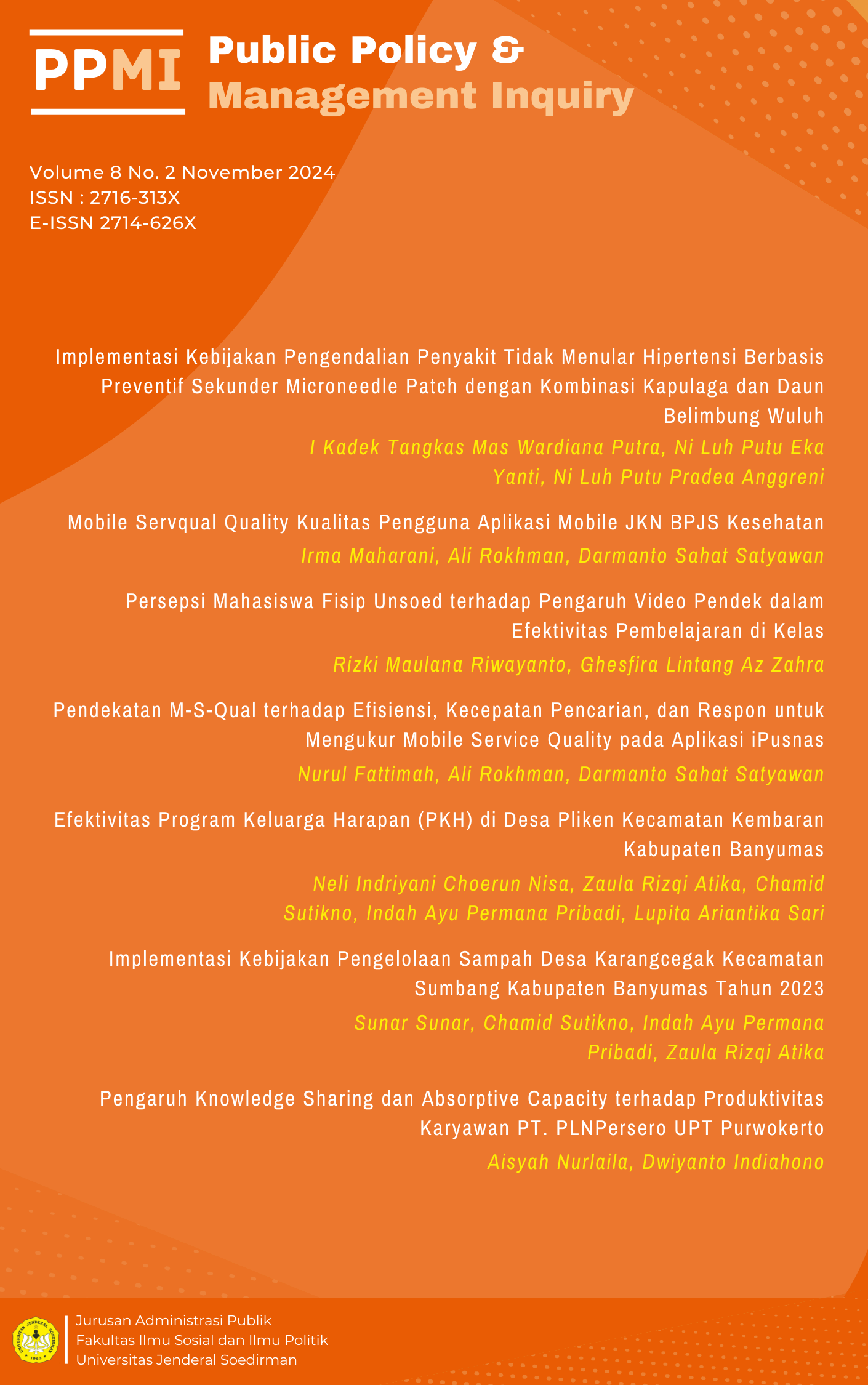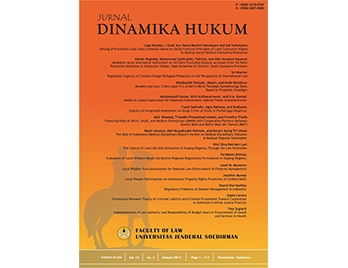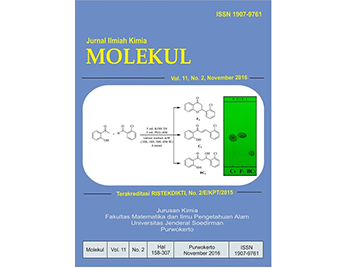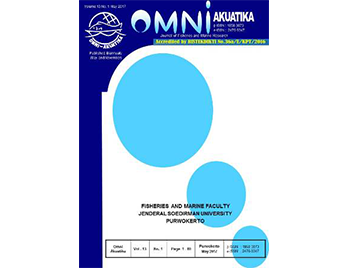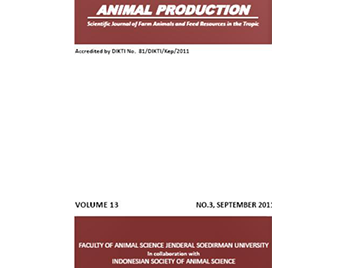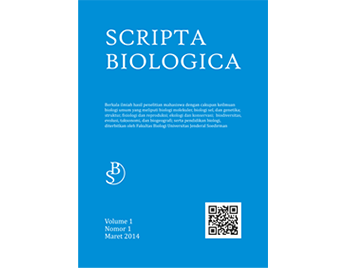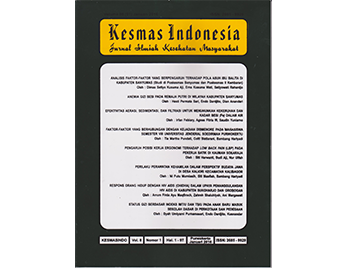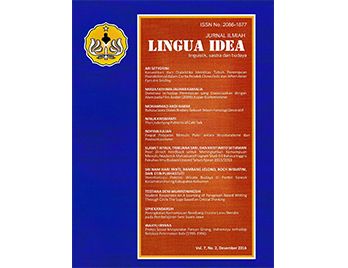Pengaruh Knowledge Sharing dan Absorptive Capacity terhadap Produktivitas Karyawan PT. PLNPersero UPT Purwokerto
Abstract
Produktivitas karyawan merupakan faktor penting dalam keberhasilan organisasi, terutama di sektor publik seperti PT PLN (Persero) UPT Purwokerto. Penelitian ini bertujuan untuk menganalisis pengaruh parsial dan simultan antara knowledge sharing dan absorptive capacity terhadap produktivitas karyawan. Penelitian ini menggunakan metode kuantitatif dengan sampel jenuh sebanyak 63 karyawan. Data dikumpulkan melalui kuesioner dengan skala Likert dan dianalisis menggunakan regresi linier berganda untuk menguji pengaruh parsial dan simultan variabel independen terhadap variabel dependen. Hasil penelitian menunjukkan bahwa secara parsial, knowledge sharing (p = 0,007) dan absorptive capacity (p = 0,000) memiliki pengaruh signifikan terhadap produktivitas karyawan. Secara simultan, kedua variabel tersebut menjelaskan 64,3% variasi produktivitas karyawan dengan nilai R² sebesar 0,643. Uji ANOVA menghasilkan nilai F sebesar 53,947 (p < 0,001), mengonfirmasi model yang signifikan secara statistik. Kesimpulannya, sinergi antara knowledge sharing dan absorptive capacity menciptakan lingkungan kerja yang adaptif, meningkatkan efisiensi operasional dan produktivitas karyawan. Penelitian ini merekomendasikan penguatan strategi berbagi pengetahuan dan pengembangan kapasitas absorptif melalui pelatihan dan pemanfaatan teknologi.
Kata Kunci: Knowledge sharing, Absorptive capacity, Produktivitas Karyawan, PT. PLN
References
Aziez, A. (2022). The Effect of Employee Engagement on Employee Performance with Job Satisfaction and Compensation as Mediating Role. Journal of Social Research, 1(3), 221–230. https://doi.org/10.55324/josr.v1i3.58
Budriene, D., & Diskiene, D. (2020). Employee Engagement: Types, Levels and Relationship with Practice of HRM. Malaysian E-Commerce Journal, 4(2), 42–47. https://doi.org/10.26480/mecj.02.2020.42.47
Cohen, W. M., & Levinthal, D. A. (1990). Absorptive Capacity: A New Perspective on Learning and Innovation. Administrative Science Quarterly, 35(1), 128. https://doi.org/10.2307/2393553
Creswell, J. W. (2014). Research Design: Qualitative, Quantitative, and Mixed Methods Approaches (4th ed.). Thousand Oaks, CA: SAGE Publications.
Filipenko, A. (2021). Economic Productivity: Factor Approaches. Actual Problems of International Relations, 147, 55–64.https://doi.org/10.17721/apmv.2021.147.1.55-64
Ghosh, A., & Chatterjee, S. (2010). Impact of Transmission Line Outages on Power System Reliability. International Journal of Electrical Power & Energy Systems, 32(5), 415–422.
Ghozali, I. (2018). Aplikasi Analisis Multivariate dengan Program IBM SPSS 25 (9th ed.). Semarang: Badan Penerbit Universitas Diponegoro.
Gonçalves Costa, A. D. C., Dal Forno, L. F., & Bacelar da Cruz Urpia, A. G. (2020). A Construção do Conhecimento: Uma Compatibilização Teórica entre o Ciclo de Jean Piaget com o Modelo SECI de Nonaka e Takeuchi. Divers, 13(1), 16. https://doi.org/10.5380/diver.v13i1.69914
Hair, J. F., Black, W. C., Babin, B. J., & Anderson, R. E. (2010). Multivariate Data Analysis (7th ed.). Upper Saddle River, NJ: Pearson Prentice Hall.
Hood, C. (1991). A Public Management for All Seasons? Public Administration, 69(1), 3–19.
Hughes, O. E. (2012). Public Management and Administration: An Introduction. Palgrave Macmillan.
Macedo, F. L., Tonon, A. P., & Amaral, C. S. T. (2023). A Gestão do Conhecimento: Pontos Positivos e Algumas Considerações sobre a Espiral do Conhecimento de Nonaka e Takeuchi. Peer Review, 5(22), 116–126. https://doi.org/10.53660/1214.prw2716
Nashir, A. M., & Pratminingsih, S. A. (2023). Knowledge Sharing in Organization: Increasing Job Performance through Absorptive Capacity and Transformational Leadership. Quantitative Economics and Management Studies, 4(1), 151–161. https://doi.org/10.35877/454ri.qems1438
Nonaka, I., Peltokorpi, V., & Senoo, D. (2007). Knowledge Creation in a Japanese Convenience Store Chain: The Case of Seven-Eleven Japan. In The Handbook of Service Industries (Vol. 2). https://doi.org/10.4337/9781847205261.00027
Osborne, D., & Gaebler, T. (1992). Reinventing Government: How the Entrepreneurial Spirit is Transforming the Public Sector. Addison-Wesley.
Pollitt, C., & Bouckaert, G. (2011). Public Management Reform: A Comparative Analysis - New Public Management, Governance, and the Neo-Weberian State. Oxford University Press.
Pratiwi, W., Aisyah, Ariffin, M., & Untung Utama, N. (2024). Employee Engagement and Leadership Style at PT PLN West Kalimantan: Impact on Employee Productivity. Ecoment Global Journal, 9(1), 20–27. https://doi.org/10.36982/jeg.v9i1.4194
Rajapakse, R. (2024). The Impact of Remote Work on Family Dynamics. SSRN Electronic Journal, April. https://doi.org/10.2139/ssrn.4856087
Razak, N. A., Pangil, F., Zin, M. L. M., Yunus, N. A. M., & Asnawi, N. H. (2016). Theories of Knowledge Sharing Behavior in Business Strategy. Procedia Economics and Finance, 37(September), 545–553. https://doi.org/10.1016/s2212-5671(16)30163-0
Sekaran, U., & Bougie, R. (2016). Research Methods for Business: A Skill-Building Approach (7th ed.). Chichester, West Sussex: John Wiley & Sons.
Sugiyono. (2012). Metode Penelitian Kuantitatif, Kualitatif, dan R&D. Bandung: Alfabeta.
Tutida, A. Y., Rossetto, C. R., & Santos, R. C. dos. (2023). Absorptive Capacity: Towards Individual or Organizational Themes. Revista de Administração Da UFSM, 16(3), e8. https://doi.org/10.5902/1983465970601
Vedernikov, M., Chernushkina, O., Volianska-Savchuk, L., & Zelena, M. (2019). Modern Aspects of Industrial Enterprises’ Production Efficiency.
Yeboah, A. (2023). Knowledge Sharing in Organization: A Systematic Review. Cogent Business and Management, 10(1), 1–38. https://doi.org/10.1080/23311975.2023.2195027
Zahra, S. A., & George, G. (2002). Absorptive Capacity: A Review, Reconceptualization, and Extension. Academy of Management Review, 27(2), 185–203.

